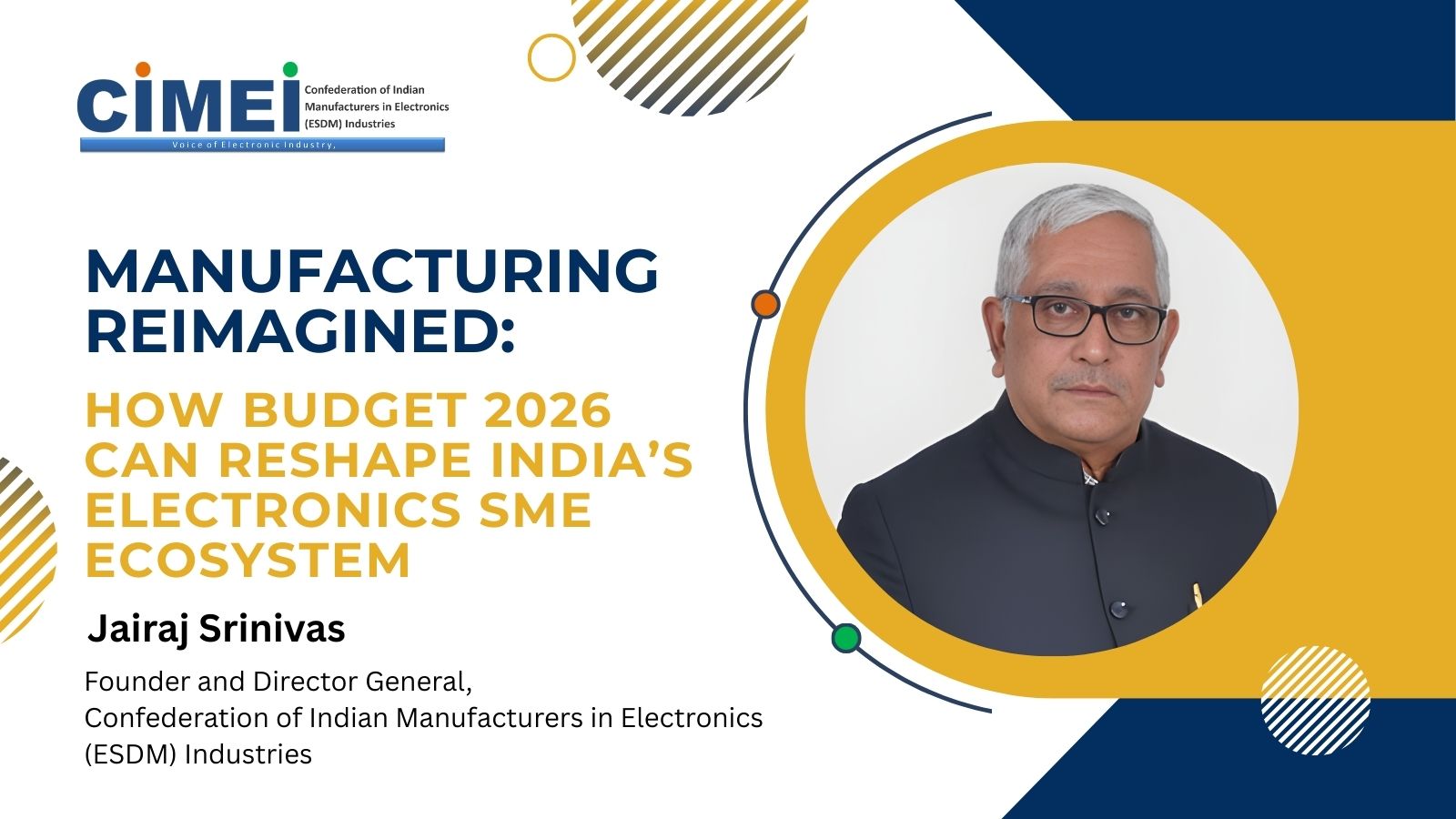Waste Management and Circular Economy Practices for Pharma SMEs

Effective waste management and the adoption of circular economy principles are becoming increasingly critical for small and medium enterprises (SMEs) in the Indian pharmaceutical sector. As environmental regulations tighten and stakeholder expectations evolve, SMEs are finding innovative ways to minimize waste, recover resources, and create value from what was once considered waste.
The pharmaceutical industry, by nature, generates various types of waste, including chemical residues, packaging materials, and expired or off-specification products. For SMEs, managing this waste effectively while maintaining profitability can be challenging. However, adopting circular economy practices offers a pathway to turn this challenge into an opportunity for innovation and efficiency.
One of the primary approaches to waste reduction in pharmaceutical SMEs is the implementation of green chemistry principles in drug development and manufacturing processes. By designing synthesis routes that minimize the use of hazardous substances and maximize atom economy, SMEs can significantly reduce the amount of waste generated at the source. This not only aligns with environmental goals but often leads to cost savings through reduced raw material consumption and simplified waste treatment processes.
Solvent recycling and recovery systems are becoming increasingly popular among pharmaceutical SMEs. Many of the solvents used in drug manufacturing can be recovered, purified, and reused, significantly reducing both waste generation and raw material costs. While the initial investment in solvent recovery systems can be substantial, the long-term economic and environmental benefits make them an attractive option for SMEs committed to sustainability.
Waste-to-energy initiatives are another area where pharmaceutical SMEs are making strides in circular economy practices. Organic waste from manufacturing processes can be converted into biogas through anaerobic digestion, providing a renewable energy source for the facility. This not only reduces waste sent to landfills but also contributes to energy independence and reduced carbon emissions.
Packaging waste is a significant concern in the pharmaceutical industry. SMEs are exploring innovative packaging solutions that are both environmentally friendly and compliant with stringent pharmaceutical regulations. Biodegradable packaging materials, minimalist designs that reduce material usage, and the development of reusable packaging systems for bulk products are some of the approaches being adopted.
Collaboration with waste management specialists is proving beneficial for many SMEs in optimizing their waste management practices. These partnerships can lead to more precise waste segregation, identification of recyclable materials, and the development of tailored waste management strategies that align with circular economy principles.
The concept of industrial symbiosis, where waste or by-products from one industry become inputs for another, is gaining traction among pharmaceutical SMEs. For instance, some enterprises are exploring partnerships with construction or chemical industries to repurpose certain types of pharmaceutical waste as raw materials for other products.
Digital technologies are playing an increasingly important role in waste management for pharmaceutical SMEs. Advanced inventory management systems help in reducing waste from expired products, while data analytics can optimize production processes to minimize waste generation. Additionally, blockchain technology is being explored for enhancing traceability in waste management, ensuring compliance with regulations and improving overall waste handling efficiency.
Extended Producer Responsibility (EPR) programs are becoming more prevalent in the pharmaceutical sector, with implications for SMEs. These programs, which make manufacturers responsible for the entire lifecycle of their products, including disposal, are driving innovations in product design and end-of-life management strategies.
While implementing comprehensive waste management and circular economy practices can be resource-intensive for SMEs, the benefits extend beyond environmental impact. Improved resource efficiency, reduced waste management costs, and enhanced brand reputation are some of the tangible advantages that SMEs can realize through these initiatives.
Government support and industry initiatives play a crucial role in enabling SMEs to adopt advanced waste management practices. Initiatives such as shared waste treatment facilities, knowledge-sharing platforms, and financial incentives for circular economy innovations can significantly lower the barriers for SMEs to implement these practices.
As the pharmaceutical industry moves towards a more sustainable future, SMEs that proactively adopt circular economy principles and innovative waste management practices will be better positioned to meet regulatory requirements, reduce operational costs, and capitalize on new market opportunities. The transition to a circular economy in pharmaceutical manufacturing represents not just an environmental imperative but a pathway to enhanced competitiveness and long-term sustainability for SMEs in the Indian pharmaceutical sector.
Author: Mr. Eshwar Reddy, Non-Executive Director, Jawaharlal Nehru Pharma City, Visakhapatnam.
Disclaimer: Views expressed in the article are the personal opinions of the author.











